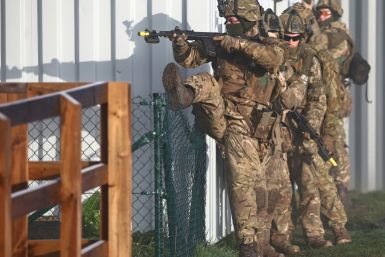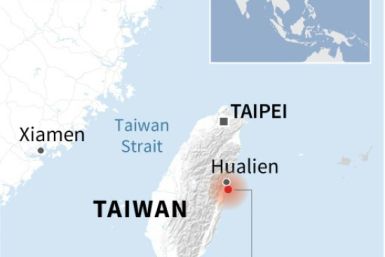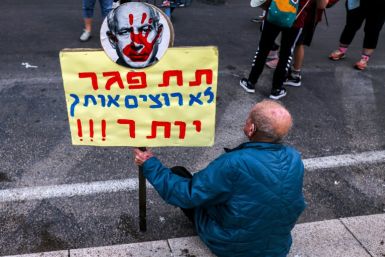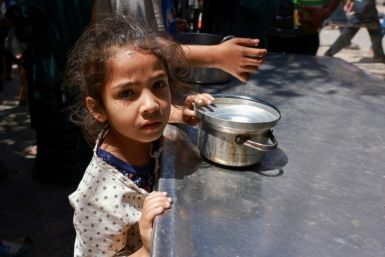Walls Close In On Thailand's Poorest As Virus Shrivels Economy
Shuffling around their tiny slum home which is too small to stand up in, Thanapat Noidee and his wife Papassorn share donated noodles with their sons and worry about bills, as the coronavirus pushes Thailand's poor deeper into penury.
The wood and breeze-block hut which is their home stands in the heart of a Bangkok commercial district festooned with five-star hotels and upmarket restaurants.
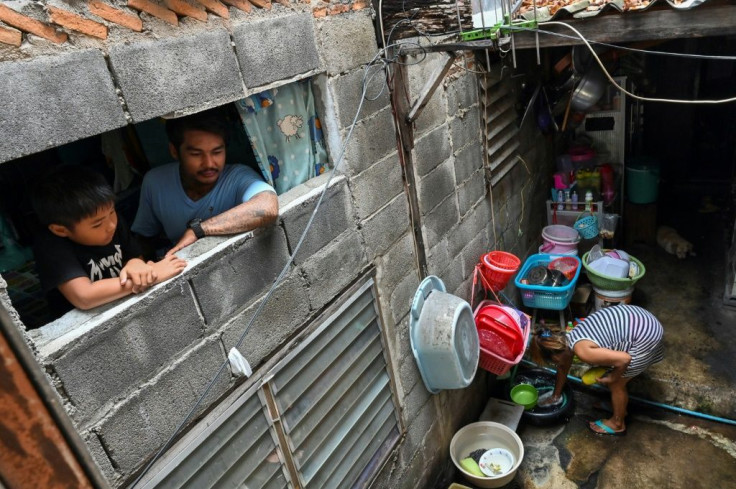
They share the small space in the shadow of the nearby high-rise developments with their children Woraphat and Kittipat, aged six and seven respectively.
Under the 1.2-metre-high (four feet) ceiling, the adults have to kneel to move around the single room which is the bedroom, living room and dining area.
Downstairs, a tap provides a shower, and a flat concrete surface serves as a kitchen area, a space shared with rats which clamber over their washed dishes.
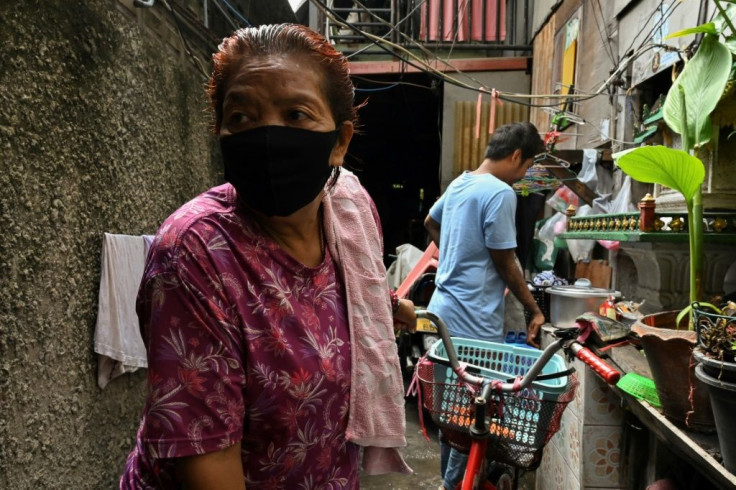
Papassorn lost her job as a messenger as Thailand locked down to control the coronavirus in late March.
"I have to borrow money for the electricity from my father and grandfather," she says.
"The school term opens again soon (July 1) and I have to find money for those expenses as well."
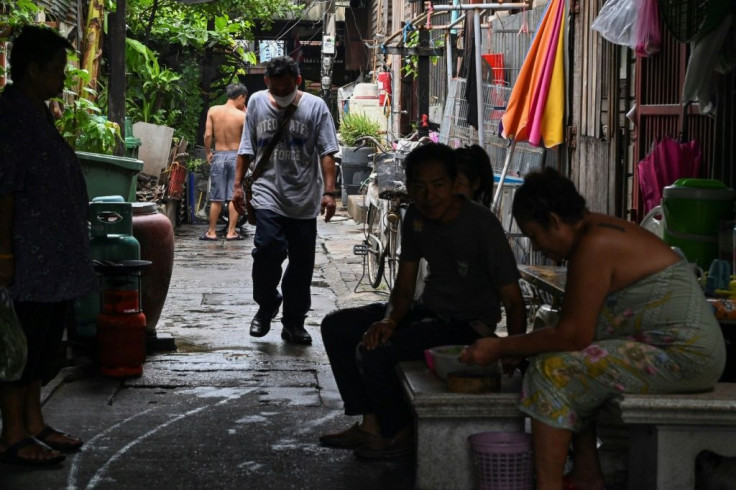
The kingdom has long paraded low unemployment as a symbol of its economic success. But millions like the Noidee family rely on informal work or day wages for survival, jobs imperilled by a feared 6-7 percent contraction in the economy.
Thailand's parliament on Sunday approved a record near-$60 billion stimulus to revive its battered economy, and about 550 billion baht ($17.3 billion) of it is expected to go to farmers and the informal workforce.
Two months after the lockdown and with the outbreak under control, Bangkok is gradually creeping back to life.
But Papassorn's work has not returned while her husband has seen the roughly 1,000 baht ($31) he earns each day as a motorcycle taxi driver more than halved because of a fall in customers.
She was also sceptical that unemployment compensation from the stimulus package would reach her family.
"It might take a bit of time for them (the government) to handle this amount of money," Papassorn told AFP.
So far, the family have depended on the nearby Holy Redeemer Church for daily food handouts -- a charity service which is being closed down as the city reopens.
"Without food donations, I'll have to fight harder for my family to survive," said Thanapat as he moved on his knees inside his lodgings, occasionally knocking his head on the ceiling.



